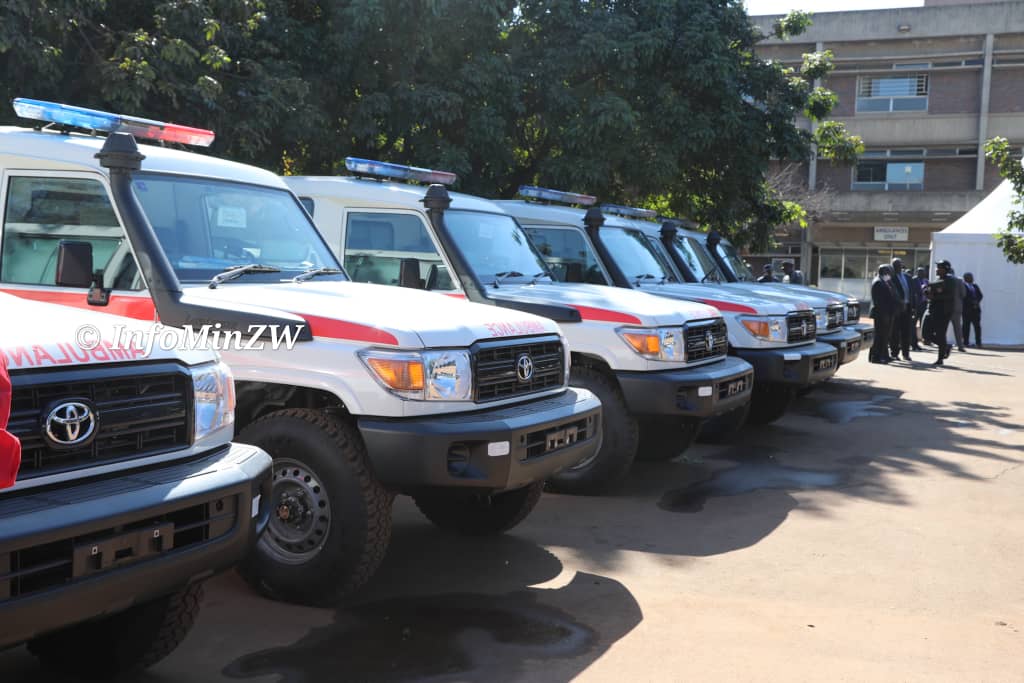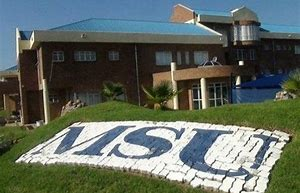Health responders for highways
Share

Masvingo (New Ziana)-THE late Masvingo musician Gary Mapanzure could have survived if he got early
attention following a recent accident which claimed his and other lives along the
Masvingo – Beitbridge highway.
His story made headlines across the country and in the region as people from all
walks of lives bemoaned lack of early life-saving skills and equipment.
In the same month that Mapanzure died, the province lost Masvingo Teachers’
College principal, Benson Mutambudzi, and the acting principal for Bondolfi
Teachers’ College, Bernard Berejena to accidents.
Mapanzure and hundreds of other people across the country could have lived if early
intervention was secured.
Masvingo has not forgotten yesteryears’ horror crashes like Gutu's Popoteke Bus
Disaster, the June 10, 2002 Masvingo Teachers' College Mhunga Bus Disaster,
which claimed 37 student lives while 70 others were injured, 32 of them seriously,
and the Runde Bus Disaster in which passengers, mostly women returning from
shopping trips in South Africa perished.
While generally the use of sophisticated equipment and care plays a significant role
in preserving lives, early intervention has been known to make a difference in saving
lives.
And with cases of people dying on the roads due to lack of first aid attention, the
Government has rolled out a programme to equip communities along the country’s
major road crash hotbeds with first aid training.
Masvingo has been identified as among the most affected regions in fatal road
crashes with Mwenezi and Zaka topping the list in the province as the major accident
hotspots.
At least 93 villagers from both districts have gone through the inaugural national
training session facilitated by the Traffic Safety Council of Zimbabwe (TSCZ) with
assistance from the Zimbabwe Red Cross Society.
The Deputy Minister of Transport and Infrastructural Development, Joshua Sacco,
said they will equip participants with life-saving skills to handle victims of road traffic
crashes in their communities and locations they may travel to.
The training is an ongoing programme to be rolled out in other targeted areas around
Zimbabwe’s major highways with the same aim of equipping people living around
such areas.
“The Traffic Safety Council of Zimbabwe funded the training, which the Zimbabwe
Red Cross Society provided and trained 93 villagers in both Zaka and Mwenezi
districts. The roll out of this programme was started in Mwenezi and Zaka districts
mainly because Mwenezi and Zaka were identified as the major road crash hotbeds
in country.”
The course targeted headmen, villagers, civil servants, drivers and the youths along
the highway as these are usually the first people to get to an accident crash scene in
any area.
“The Government has noted, with concern, an increase in the number of people who
lose their lives during the golden hour that is, the first 60 minutes after a road crash
has happened. In trauma care management, road crash victim survival is largely
time dependent, and a prompt response can be a key determinant between life and
death,” he said.
“Some deaths and injuries can be prevented by first aid if casualties are assisted
immediately. First aid is, therefore, important as it is the initial primary care given to
an injured person. As it is not always possible that proper medical care reaches the
victim within an hour in Zimbabwe and the developing world, the passers-by,
onlookers, who are the first responders can provide first aid to seriously injured
victims, hence the need for this basic course.”
Echoing the same sentiments, TSCZ board vice-chairperson, Rtd Assistant
Commissioner Felly Mjanga, said as the Traffic Safety Council they are working on
saving lives and avoiding a situation in which people die due to lack of prompt
assistance.
“Most of the times accidents happen along the highways and we have trained these
people so that in an event of an accident happening, they can render proper first aid
to the victims of road traffic crashes. We have realised that most people die during
the golden hour. We are trying to save lives; we are trying to avoid a situation where
people die during that golden hour,” she said.
Zimbabweans have welcomed the initiative and hope it will be supported by regular
highway patrols to keep motorists behaviour under check.
With the upgrading of the highways, speeding could also cause more harm than
good.
New Ziana






